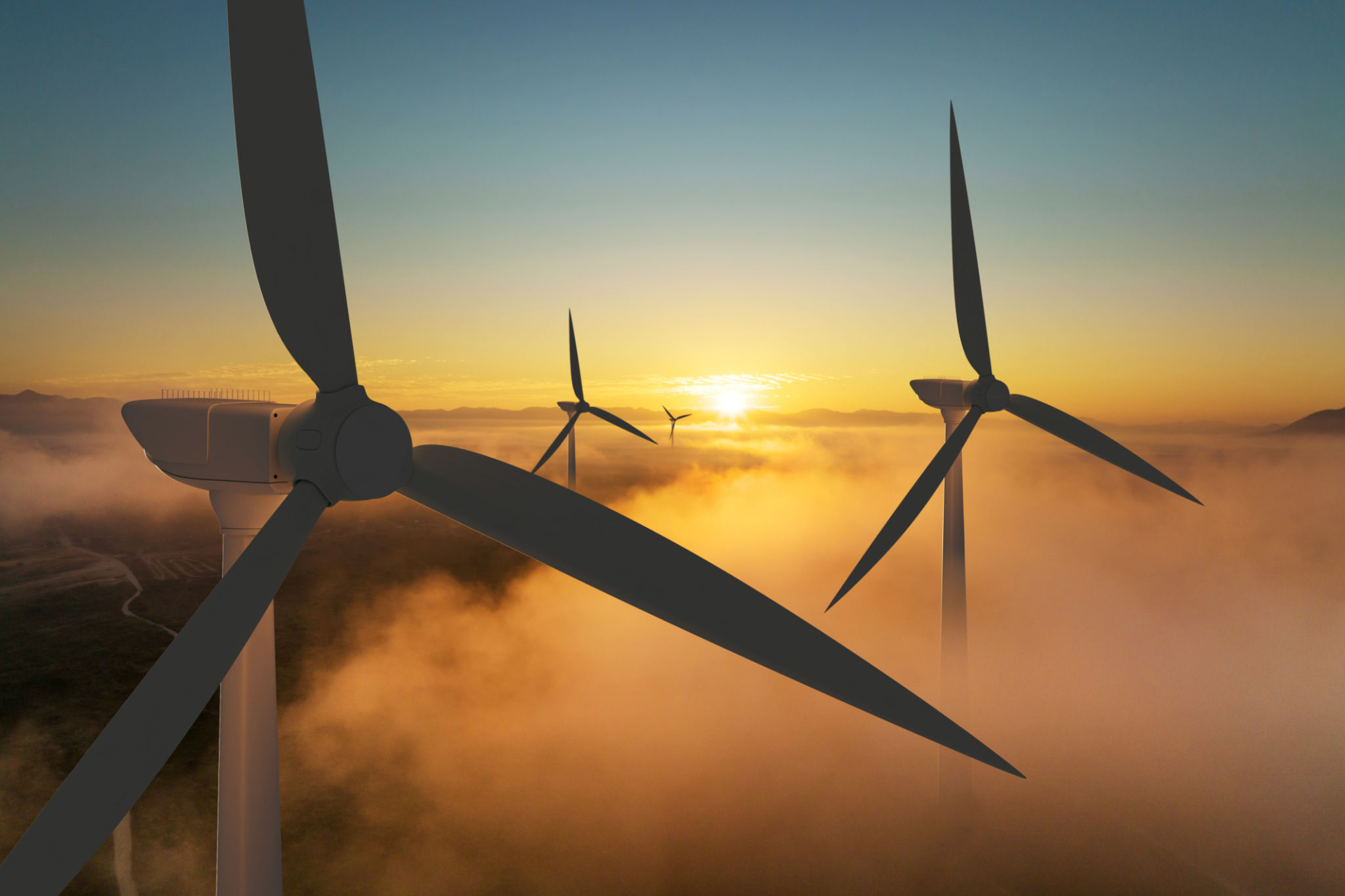Eco-Friendly Transportation Options: How Herrera Logistics is Making a Difference
Understanding the Importance of Eco-Friendly Transportation
As the world faces increasing environmental challenges, the transportation sector has come under scrutiny for its significant carbon footprint. Transitioning to eco-friendly transportation options is crucial for reducing greenhouse gas emissions and promoting sustainable development. Companies like Herrera Logistics are at the forefront of this movement, implementing innovative strategies to create a greener future.
The need for sustainable transportation solutions is more pressing than ever. With urban populations growing and global trade expanding, the demand for efficient logistics is rising. However, traditional transportation methods contribute heavily to air pollution and climate change. By embracing eco-friendly alternatives, logistics companies can play a pivotal role in mitigating these impacts.

Herrera Logistics’ Commitment to Sustainability
Herrera Logistics recognizes the urgent need for change and has committed to integrating sustainable practices across its operations. This commitment is not just about reducing emissions but also about setting a benchmark for the industry. Their approach focuses on utilizing cutting-edge technologies and fostering partnerships that promote environmental stewardship.
The company has implemented several initiatives aimed at minimizing their environmental footprint. These include transitioning their fleet to electric and hybrid vehicles, optimizing delivery routes through advanced software, and investing in alternative fuels. By taking these steps, Herrera Logistics is not only reducing its carbon emissions but also enhancing operational efficiency.

Electric and Hybrid Fleets
One of the most significant steps Herrera Logistics has taken is the transition to an electric and hybrid vehicle fleet. By replacing traditional diesel-powered trucks with these eco-friendly alternatives, they significantly reduce their carbon emissions. Electric vehicles (EVs) offer a cleaner mode of transport, while hybrid vehicles provide flexibility and efficiency for longer routes.
Additionally, Herrera Logistics is committed to expanding its EV fleet, aiming to transition a substantial portion of its vehicles by 2030. This shift not only supports environmental goals but also aligns with global trends towards electrification in transportation.

Route Optimization and Efficiency
Another pivotal strategy employed by Herrera Logistics is route optimization. By leveraging advanced software solutions, they can plan more efficient delivery routes that minimize fuel consumption and reduce travel time. These technologies analyze traffic patterns, weather conditions, and other variables to ensure optimal performance.
Moreover, route optimization contributes to cost savings and improves customer satisfaction by ensuring timely deliveries. This approach exemplifies how technological advancements can drive both environmental and business benefits.
Investing in Alternative Fuels
In addition to focusing on electric vehicles, Herrera Logistics is exploring alternative fuels such as biodiesel and hydrogen fuel cells. These options offer promising pathways to further reduce dependency on fossil fuels and lower emissions. Biodiesel, derived from renewable sources, can be used in existing diesel engines with minimal modifications.
Hydrogen fuel cells represent another exciting frontier in sustainable logistics. By harnessing hydrogen power, vehicles can operate with zero tailpipe emissions, producing only water vapor as a byproduct. Herrera Logistics' investment in these technologies underscores their commitment to pioneering eco-friendly transportation solutions.

Collaborative Efforts for a Greener Future
Herrera Logistics understands that collaboration is key to achieving meaningful change in the transportation industry. The company actively partners with environmental organizations, government agencies, and other stakeholders to promote sustainable practices. These collaborations help drive industry-wide advancements and facilitate the sharing of best practices.
By working together with various partners, Herrera Logistics not only strengthens its sustainability initiatives but also contributes to shaping policies that encourage eco-friendly logistics solutions. Such efforts underscore the importance of collective action in tackling environmental challenges.
Conclusion
The journey towards eco-friendly transportation is ongoing, but companies like Herrera Logistics demonstrate that significant progress is possible through dedication and innovation. By investing in electric vehicles, optimizing routes, exploring alternative fuels, and fostering collaborations, Herrera Logistics is making a tangible difference in the logistics industry.
Their efforts serve as an inspiration for others in the sector to follow suit and prioritize sustainability. As we move forward, embracing eco-friendly transportation options will be key to ensuring a healthier planet for future generations.
